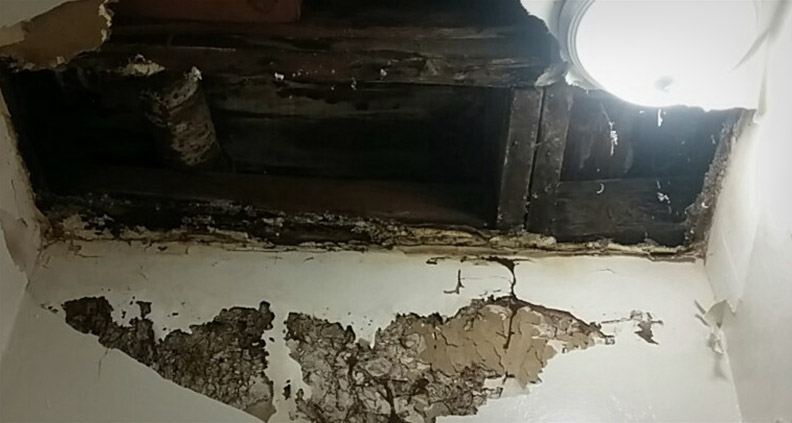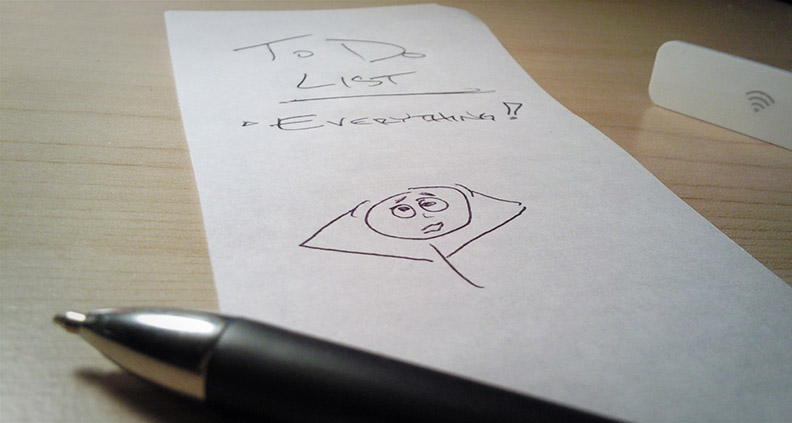Plans are worthless, but planning is everything. This 1957 quote from then-President Dwight Eisenhower was once handed to me by my project manager father as I again bemoaned the disarray of my carefully concocted agenda for executing some creative vision or other. In entirety, the quote is thus: Plans are worthless, but planning is everything. [That] is a very great distinction, because when you are planning for an emergency you must start with this one thing: the very definition of “emergency” is that it is unexpected. Therefore, it is not going to happen the way you are planning. Eisenhower was talking about battle strategy, but this is a wonderful sentiment to embrace as a filmmaker, since basically any creative plan is an exercise in managing emergencies. It never seems to fail that as soon as I get really organized and focused around a goal for my career, events conspire to utterly derail said goal and send me in five other directions. New projects arise, ongoing contracts are terminated, apartment leases end and unobservant drivers plough into the rear of my car. Suddenly there’s a whole new list of things to do in addition to the one I made for myself. Has anyone else out there experienced this? You probably have. For instance, I run a big writing event every couple of months in which screenwriters come together to write, gab and otherwise workshop their scripts over a weekend. I feed them, cheer them on, help brainstorm story solutions and organize table reads. It’s a ton of fun. I love it and look forward to it. At the most recent one of these Write-A-Thons (last weekend, to be precise) I had planned to actually write. I had an idea for a short film and was looking forward to fleshing it out and sharing it with my comrades-in-pens. To facilitate that intention, I made a plan to hit all my other deadlines beforehand so I could focus my creative energies over the weekend. And then… my ceiling caved in. Interruptions like this, you can’t really ignore. Suddenly my week of preparation and methodical organization became a free-for-all dependent on other peoples’ schedules. I’m grateful that I had a place to stay while I was temporarily homeless, but packing up and moving out while wrangling workmen and cleaning literally every corner of my apartment (is there anywhere that dust doesn’t go?)—not to mention the hefty allergic reaction I had to it all—was certainly not part of my plan for the week. In times like these, we do have to wonder: is it even worthwhile to make these plans? How many of us had hoped to launch that crowdfunding campaign, or picture lock that film or stamp “FINAL DRAFT” on that screenplay by now? How many times have we looked at our schedules and bank accounts and drafted up an aggressive plan of attack, only to be blindsided by emergencies of indiscriminate nature and proportion? Fill in the blank—sickness, family drama, car trouble, surprise visits from treasured out-of-towners, equipment malfunction… these “interruptions” are much more the rule than the exception. Life doesn’t stop just because we’re making a film. So let’s plan, but leave room in our plans for the inevitable surprise. How? Certainly everyone has his or her own way of doing this. If you are a born planner who nails everything down, chances are you have documentation of your recent schedule. Take a peek and see where you might leave some wiggle room as margin for the unexpected. If you are a born flexer who thrives on spontaneity, maybe you tend to go with the flow anyway. Try writing down or otherwise externalizing two or three key objects for your day, then use that short list as a compass to navigate the shifting seas of the chaotic natural order. Planning styles can’t be too individualized, as literally every successful film has been made in its own way, on its own time. For examples, look no further than two nominees from this year’s Film Independent Spirit Awards, The Witch (directed by Robert Eggers) and American Honey (directed by Andrea Arnold). Two very different films made by two very different people, both unique and wildly satisfying creative experiences.
What to do with a plan gone wrong? Let’s just glance at a page from the little book of Cortney’s Life. Be Okay with Survival Mode for the Moment To go back to my ceiling story, at first it was just a matter of getting out, getting repaired and getting cleaned. I was initiating events that wouldn’t actually happen until hours or days later, but it was urgent to start the process immediately. Curiously, this particular emergency didn’t really affect me emotionally, but a lot of surprises will: pain, regret, frustration and anxiety are all important feelings to recognize and process as part of the “Survival Mode” urgent response. Take a Moment to Regroup Once the immediacy of the situation was past, I found a quiet corner and looked at my list. What was perfectly doable just two days before was now completely overwhelming. It was Tuesday and I couldn’t even think about Friday yet—I had no idea how long it would take to repair the ceiling and clean to the extent that my place could be livable. Life would not be efficient while sleeping on someone else’s couch. So I highlighted the two writing deadlines I had for the week and the preparation I needed to make for the Write-A-Thon. The things that had to get done, I focused all my energies on. Follow-up Briefly But Frequently Wednesday morning I looked at the list again. And again on Wednesday evening, after I’d found out I could move back into my apartment (but before I realized there was still dust everywhere). And again on Thursday morning, after I’d woken up with serious postnasal drip and a cough. Not trying to overshare—just illustrating the point that every day brought new information I needed in order to adjust my plan and set myself up for success. Make Another Plan And now it’s Monday. The ceiling is fixed. The dust is mostly cleared. The weird stain developing where the hole was patched is still a mystery, but we’re not going to think about that right now. The deadlines were hit and the weekend writers were served. Time to pour a fresh cup of coffee and return to the things that remain undone and are important to me. Like that short film I meant to write last week. What are your strategies for keeping your creative projects on-track in the face of life’s many inevitable inconveniences? Share your strategies by leaving a comment. To learn more about Film Independent, subscribe to our YouTube channel or follow us on Twitter and Facebook. To learn how to become a Member of Film Independent, just click here.

